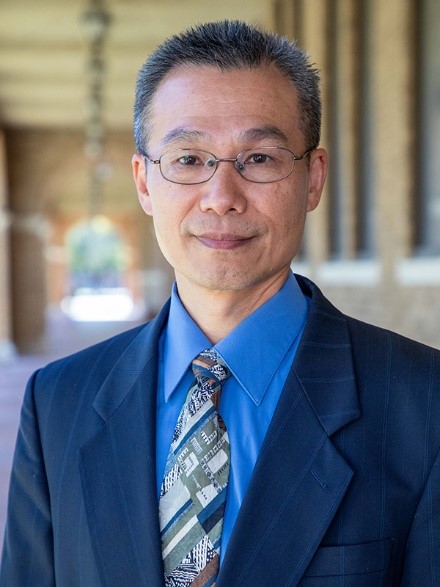
Dr. Kong’s group recently received a $590,000 research grant from the Army Research Laboratory
Dr. Kong's group recently received a $590,000 research grant from the Army Research Laboratory, located in Aberdeen Proving Ground, MD. The research is focused on increasing the propulsion power of the Army's drones. Such unmanned aerial systems play a vital role in the Army's military operations. The Army requires an engine that has high power density and high reliability while also being fuel flexible, capable of running on various fuels available on the battlefield. This demand has prompted the need for a new engine design that can meet these requirements.
One of the fundamental challenges in designing such an engine is the limited space available for fuel-air mixing and combustion. To achieve high power output, a significant amount of fuel must be injected into the combustion chamber in a short time (typically less than 2 ms). However, this must be done strategically by optimizing the fuel injection schemes. Additionally, in a small space, the fuel-air mixing process must be enhanced to improve combustion efficiency. Another challenge is the low density and temperature of the air at high altitudes, which is not suitable for high-power operations. Even with the use of an air compression system to increase the air intake, the configuration of the fuel injection system is still critical to achieve desirable fuel delivery and mixing to enable the engine to operate effectively at high altitudes.
One potential solution to achieve high power density in a small space is the use of “opposed fuel jets.” This mechanism involves high-speed fuel jets impinging on each other in a confined space, thereby enhancing atomization, mixing, and combustion. The opposed fuel jet engine design will incorporate this mechanism to achieve high power output while also being fuel-flexible and reliable. The concept of the opposed fuel jet engine is a novel approach that has not yet been realized in practice due to a lack of fundamental understanding of the physics involved in impinging fuel jets. Thus, the objective of this research project is to conduct computational and experimental studies to explore the feasibility of this concept. Dr. Kong's group will work closely with engineers at the Army Research Laboratory on this project to test this new concept.
